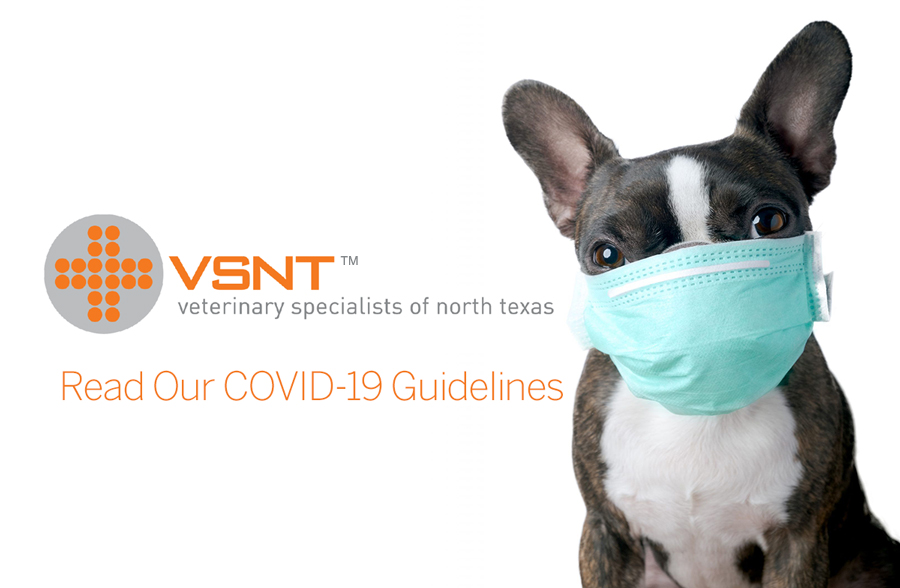
Companion Animals and COVID-19
BE CAUTIOUS OF UNPROVEN RESEARCH
More scientific information about SARS-CoV-2 and animals is coming out weekly, which is good, but there is still a tremendous amount of information that is still unknown. There are a lot papers being released to the internet as prepublications, meaning they have not been peer-reviewed, and some of them are likely to be found to be incorrect later on. For that reason, a lot of information is out there, but as it is new, and untested, it is hard to know how much information is accurate.
MORE GOOD NEWS!
The good news, is that as far as animals are concerned, COVID-19 is still a human disease. It appears that livestock including chickens, pigs and ducks do not get infected, nor do they transmit the disease. More dogs and cats have been studied in households with people that have COVID-19. Although the numbers actually tested are small, few of the pets have tested positive.
CONCLUSIONS:
- Remember not to panic. COVID-19 is almost exclusively a disease of people.
- There is still no evidence of dog or cat to human transmission of the virus causing COVID-19.
- If you are sick with COVID-19, you should try to avoid contact with your pets.
- Your own pet has almost no risk to you. There is no evidence that a person has ever been infected from a pet.
- It is unlikely that the virus is on pet hair and transmitted that way to people, although we do not know for sure. Therefore, when you are walking your dog, you should avoid allowing strangers to pet it. You are maintaining social distance, right?
- If you have COVID-19, and your dog or cat shows signs of respiratory disease, please notify your veterinarian.
- There is no need to abandon your dog, cat, or ferret!
- If your cat goes outside, they should now stay inside with you if at all possible. This will minimize exposure to the virus, and frankly, other infectious diseases.
- There is probably not a good need to test a pet for SARS-CoV-2. If your pet gets the disease, it probably got it from a family member. It will not change anything as far as treatment, and it puts other people at risk in regard to exposure, if the pet is transported for testing. While it is possible to test pets in some situations, it is not likely to get approved by the state, and definitely will not be approved just because we want to know.
If someone in your household is ill or you have been exposed to someone that is ill with COVID-19, please self-quarantine until the recommended time has passed.
